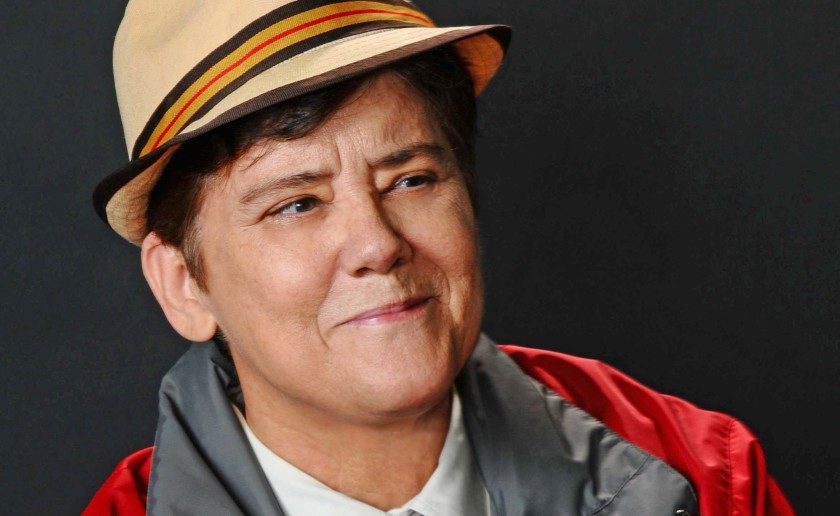Jeanne Cordova made the world a better place for lesbians.
It started with an announcement on Facebook in January this year: Jeanne Cordova had died.
Jeanne was an American pioneer, a lesbian, and gay rights activist. Known as one of the founders of the West Coast LGBTQ movement, she was also an esteemed journalist and a Lammy-award winning author for her memoir, When We Were Outlaws: a Memoir of Love and Revolution.
I looked at my partner of 24 years. “Did you read that Jeanne Cordova passed away? I think she was only in her mid-sixties.”
“Wow,” Erika replied incredulously and went back to her iPad.
I mentally rolled back the clock a few years, when I had had lunch with Cordova’s life partner, Lynn Ballen. Over sandwiches, she didn’t mention anything about her partner’s battle with colon cancer. I had seen a few photos of them on Facebook with Jeanne using walkers and canes, but I just attributed that to the midlife crisis of arthritis, or some sort of surgery, which many of us endure.
And now she was gone?
Though it was in the late ’80s, it seemed just a few weeks ago that Lynn and I had had a brief romance while we worked together at Los Angeles Magazine. My life then was a train wreck of romantic encounters, and our relationship didn’t end well.
After that, she made her commitment to Jeanne Cordova, and over several decades they pioneered political causes together. Theirs was a good match.
From time to time, my partner Erika, Jeanne, Lynn and I would get together, but we gradually grew apart, and over time, my contact with both of them dwindled to Facebook postings and an occasional email.
Now another one of my peers had passed on. These situations are escalating in frequency as I grow older. Most of us have to endure the demise of our parents, and an occasional sibling. But to see our friends, lovers, and acquaintances passing away is more unsettling. How much time do I have left, and am I making the most of it?
A few years ago, my older sister Lynn, who was relatively unscathed in the health department, was suddenly hospitalized with a tumor. She was only 68, and that is just around the bend in and up the street for me.
Two years earlier, my older brother had endured a stroke. He almost didn’t make it. The demise of two of my older siblings exacerbated my own fears of mortality. What’s going to happen to me? Am I going to get cancer like my mother and my older sister? What if it’s my turn for a stroke, or will it be heart disease?
At Cordova’s funeral, I had mixed emotions about seeing her partner Lynn Ballen, because our friendship had been fractured. Even when I saw her for lunch a few years ago, there was tension between us. And I felt at the memorial that the daggers from decades ago were sharp. But we managed to be cordial to one another; we even made tentative plans to get together in the future. I am hoping we will mend our friendship. Life on this planet is tenuous, and there’s no reason to harbor resentment and pain.
In seeing many of these older lesbians at the service who had also made sizable contributions to the LGBTQ community, I was reminded of the frailty of life, and that we’re all getting older. In my thirties, I took my health for granted. Life was easy, and there were few obstacles in the way.
Not anymore.
I volunteer at the Culver City Senior Center. There, I am reminded that we are all in some state of decline, and for some of us, this demise is faster. But I try not to focus on this too much, and surround myself with people who enjoy humor, deal with their challenges, don’t complain, and try to make the best of every day. Jeanne Cordova was that kind of person.
Despite cancer’s grip, Jeanne Cordova was brave until the very end, involved in several projects devoted to the LGBTQ community, making the world a little better for all of us.
I can learn from that.
